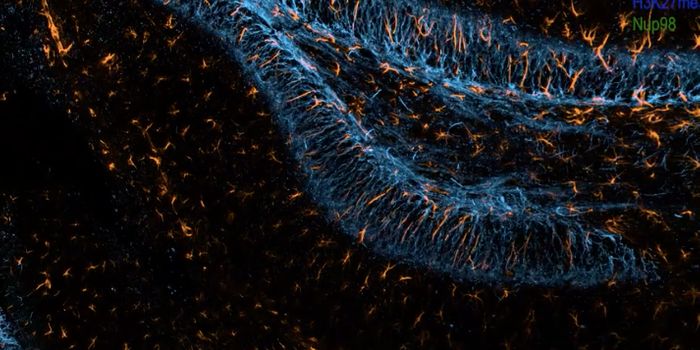Researchers in Germany recently received a two million Euro subsidy from the German Federal Ministry of Research (BMBF) to develop a mobile minisensor to detect seizures. The project, named “EPItect,” aims to make epileptic seizure episodes easier to spot, treat, and study.
Epileptic seizures manifest in a variety of ways and are not always so simple to detect. Some patients, for example, express movements that may be slight, such as the smacking of lips or fumbling of objects. Others may look like they’re zoning out, but in fact, may be experiencing a “thunderstorms in the brain,” according to Christian Elger, Director of the Department of Epileptology of the University Hospital Bonn.
"It is not easy to classify all the symptoms correctly,” Elger added. While some caregivers are able to spot seizures and provide prompt help, as much as 50 percent of the time, the patients don’t perceive the seizures consciously, thus making detection quite difficult. In some cases, epileptic seizures can be deadly, so knowing when these episodes occur is extremely critical.
The newly planned seizure minisensor will be based on an already existing epilepsy sensor, developed by Cosinuss in Munich. This device resembles a hearing aid and can measure accelerated pulse and movement patterns consistent with epileptic seizures. The signals are then transmitted via a smartphone to a central computer that alerts doctors and caregivers if seizure episodes are occurring. The device will be tested in adults as well as younger patients, in whom epilepsy can also strike.
With the grant, the team at the University Hospital Bonn hopes to reduce the size of the sensor even more, and optimize it for home use. Importantly, they also have to implement the downstream components of the sensor, making sure that systems are in place for alerts. Because the goal of the minisensor is to provide more autonomy for the patients and their caregivers, having a reliable alert system is absolutely crucial.
In addition to detecting and treating the seizures more effectively, EPItect can also provide a wealth of data, which can be mined for future epilepsy research and treatment. "With EPItect we can expect to make better diagnoses, because the frequency and severity of seizures can be recorded better,” said Elger.
Refering to the EPItect project, the researchers said that “we are just at the beginning of a breakthrough in mobile healthcare technologies and telemedicine.”
Additional source:
EurekAlert!









